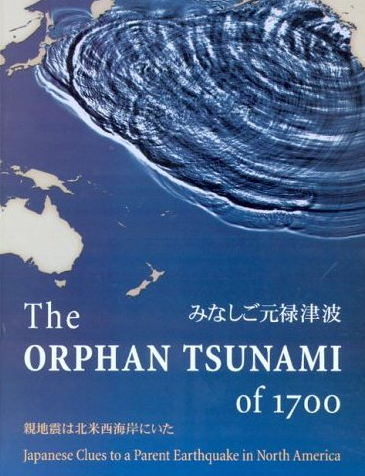
Wednesday, April 1, 2009
Quotes
What is the world coming to when a company can't reward its employees for their contributions to its failure?
...
Volcker is not a leader or boat rocker. He is a consensus builder. The FIRE Economy leadership wanted low inflation because Nixon then Carter had turned many Wall Street brokerage firms' stocks into penny stocks. The ideology behind the consensus that formed appealed to Volcker--free markets, deregulation, limited government. But the fact is that industrial economies can run effectively with inflation rates as high as 40% per year, as Korea's did during its early industrialization growth phase, but finance-based economies cannot function with inflation rates much above 3%.
...
In summary, I believe we are at a disruptive point, where multiple bubbles are bursting simultaneously. The G7 economic dominance bubble is bursting, the G7 know-how bubble is bursting, and the cheap energy / resources bubble is bursting. The financial side of things is just the reckoning of the costs. Somehow, the financial world has to reconcile itself with the real world, as it always does eventually. The G7 will surely inflate its way out of debt until the debts are again in sustainable proportion to the true earnings power and asset valuations of the G7. The BRIC will become less dependent on US consumers (decoupling in slow motion). Things will overshoot and undershoot as the world adjusts, and its very hard to say where any particular market or currency will go short-term as the old directions and forces still have momentum and can cause wicked short-term counter-trends (witness oil prices).
However, when the reckoning is done, assuming we have not destroyed ourselves, the G7 "share of GDP" will be flattened to be more equal with the rest of the G20, and the rest of G20 will rise. The G7 will continue to "paper over" their structural problems with QE and other methods, which will help cushion the correction, but not really change the final outcome. Most importantly, it will be very hard to predict the year-to-year impact of QE (look at Japan's experience). Eventually, the world economy will find its new bearings. The world GDP will begin to grow again, and as it does, commodity prices will rise rapidly. Alternative energy will help the G20 more efficiently share the world's dwindling resources. Investment in alternative energy, gold, commodities, agriculture, BRIC, and very selective segments of G7 will win. I believe China's reemergence may be fraught with turbulence until it really gets going again. Watch the Chinese domestic economy and Japan export economy for signs of a turn-around.
...
Volcker is not a leader or boat rocker. He is a consensus builder. The FIRE Economy leadership wanted low inflation because Nixon then Carter had turned many Wall Street brokerage firms' stocks into penny stocks. The ideology behind the consensus that formed appealed to Volcker--free markets, deregulation, limited government. But the fact is that industrial economies can run effectively with inflation rates as high as 40% per year, as Korea's did during its early industrialization growth phase, but finance-based economies cannot function with inflation rates much above 3%.
...
In summary, I believe we are at a disruptive point, where multiple bubbles are bursting simultaneously. The G7 economic dominance bubble is bursting, the G7 know-how bubble is bursting, and the cheap energy / resources bubble is bursting. The financial side of things is just the reckoning of the costs. Somehow, the financial world has to reconcile itself with the real world, as it always does eventually. The G7 will surely inflate its way out of debt until the debts are again in sustainable proportion to the true earnings power and asset valuations of the G7. The BRIC will become less dependent on US consumers (decoupling in slow motion). Things will overshoot and undershoot as the world adjusts, and its very hard to say where any particular market or currency will go short-term as the old directions and forces still have momentum and can cause wicked short-term counter-trends (witness oil prices).
However, when the reckoning is done, assuming we have not destroyed ourselves, the G7 "share of GDP" will be flattened to be more equal with the rest of the G20, and the rest of G20 will rise. The G7 will continue to "paper over" their structural problems with QE and other methods, which will help cushion the correction, but not really change the final outcome. Most importantly, it will be very hard to predict the year-to-year impact of QE (look at Japan's experience). Eventually, the world economy will find its new bearings. The world GDP will begin to grow again, and as it does, commodity prices will rise rapidly. Alternative energy will help the G20 more efficiently share the world's dwindling resources. Investment in alternative energy, gold, commodities, agriculture, BRIC, and very selective segments of G7 will win. I believe China's reemergence may be fraught with turbulence until it really gets going again. Watch the Chinese domestic economy and Japan export economy for signs of a turn-around.
Subscribe to:
Post Comments (Atom)

No comments:
Post a Comment